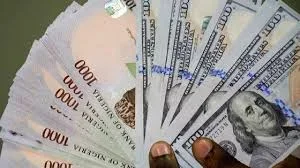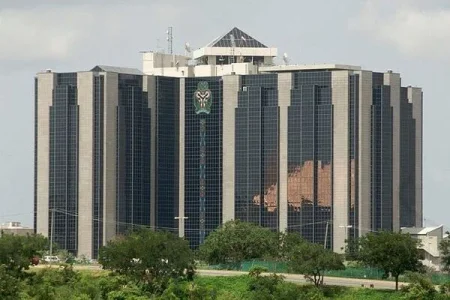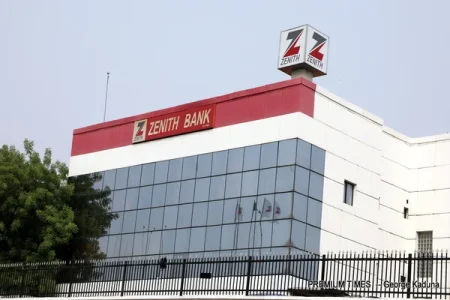
The Central Bank of Nigeria (CBN) has attributed the growing disparity between the official and black market exchange rates to the ban on 43 items implemented in 2015. In a press release titled "WHAT YOU NEED TO KNOW ABOUT CBN’S LIFTING OF FOREX RESTRICTIONS ON 43 ITEMS," the CBN explained that these restrictions forced importers to turn to the parallel market for foreign exchange, increasing demand and putting pressure on the parallel-market exchange rate.
This shift to the parallel market has led to higher prices and contributed significantly to the depreciation of the naira. By lifting the ban on these items, the CBN hopes to reduce the gap between the official and black market exchange rates.
However, some analysts find this explanation surprising as it doesn't address the lack of liquidity in the official market. Companies seeking forex for items not on the banned list are still turning to the black market due to the unavailability of dollars in the official market.
The widening premium between the official and black-market rates is primarily due to a lack of faith in the official rate's accuracy. Additionally, Nigeria's forex market is experiencing a supply shortage, with a recent report revealing a daily turnover of only $100 million, highlighting the extent of the problem.
This situation suggests a currency crisis leading to supply constraints, and the ban on the 43 items, while a factor, is not the sole reason for the exchange rate disparity
Source: Nairametrics




